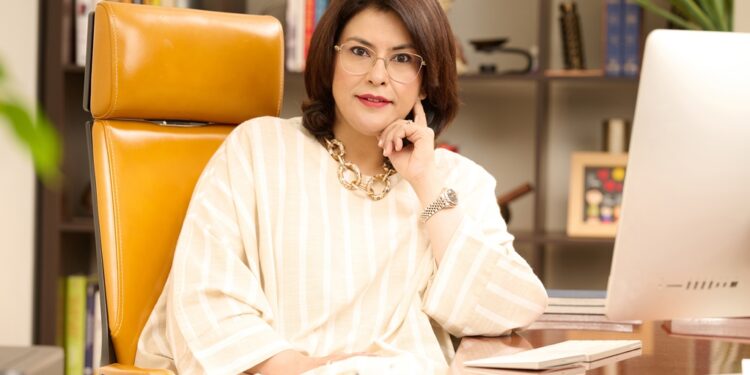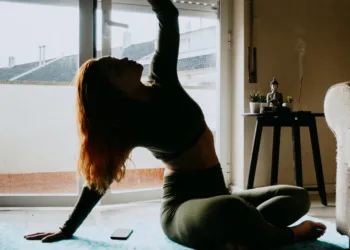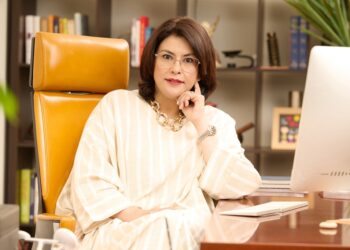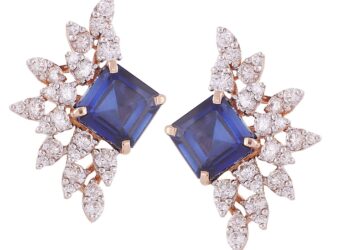Dating and mating are a natural instinct but sometimes we need a nudge to get there. And yes, even the global desi needs matchmaking! Meet ANURADHA GUPTA who runs a New York based service for the Indian diaspora
BY RUKMA SALUJA
From the times of Dulhan wahi jo Pathakji dilwayein, and jewellers matchmaking across cities a la the Rajshri Productions produced film Vivah, we have come a long way to online matrimonial services, refined by caste, community and professional preferences of a future spouse. It remains a surprise for me to find that not only do these services exist in lands foreign but are thriving. Indian Matchmaking on OTT was a hit, showing that there’s a huge market out there for this among the Indian diaspora.
Vows for Eternity, a New York-based offline service, started in 2012, is one such. When Anuradha Gupta was ready to settle down, her parents began to introduce her to potential life partners. “The ‘biodata’ or the profile that is shared just doesn’t tell you anything, and everybody loves music and travel,” she said during a recent visit to Delhi. “The CVs online don’t capture the most important thing, that is, the person. Marriage is about two individuals, it’s not about degrees or qualifications.” Years later, when she thought about starting such a service, her own experience formed the basis for what would be included in the services provided.
To begin with, there’s a massive questionnaire that offers the first insight into the mindset of a prospective member. Anu, as she’s called, who has studied five years of psychology, then spends several hours over days and weeks chatting with and trying to gauge a person’s personality and psyche. This, she says, is often an ongoing process. She’s of the firm belief that childhood informs a large part of a person’s overall character. “Apart from education and profession, I try to understand a person’s life journey and childhood. It’s from there I’m often able to understand what makes a person tick. Childhood trauma and how it’s been dealt with tells you a lot. Love, loss and how they shape us.” It’s true that it’s the tough times that define us rather than the good times. Equally important is to figure out what each person wants from life. While two people may have had a similar journey, if their goals are not compatible, the result wouldn’t usually be a happy one.
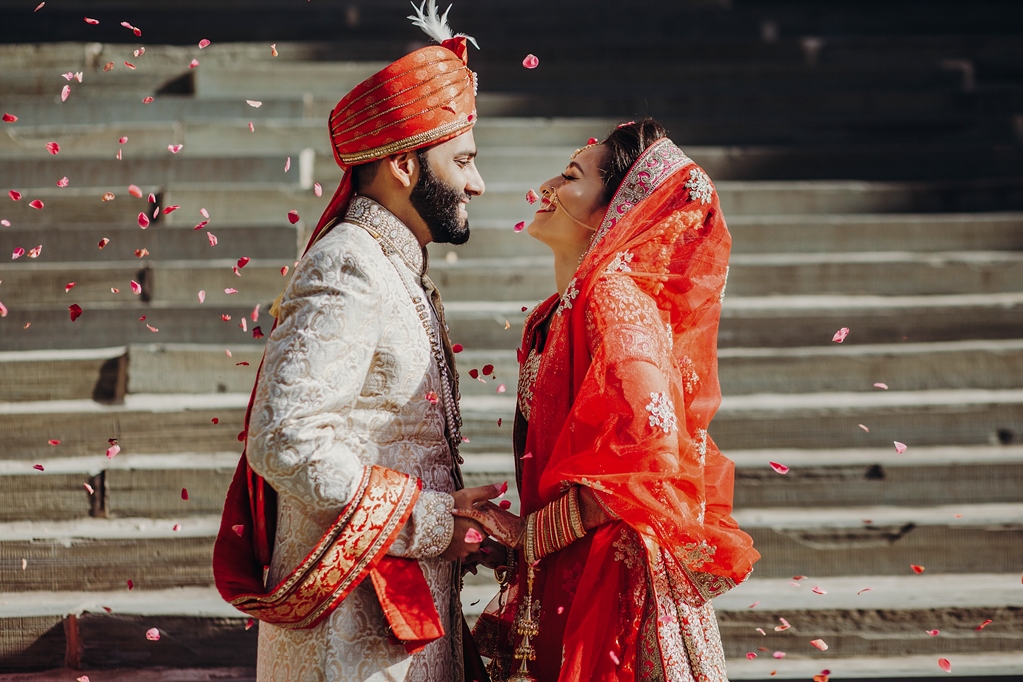
Understanding the psychology of a potential member is a novel approach to an age-old institution, and perhaps the reason for the 35 percent success rate that she claims. When I ask why the figure is so low she’s quick to tell me the industry average is a mere 7 percent. (We have not verified these figures). VFE tries as much as possible to introduce people they think will make a match of it after a careful study of profiles. They encourage people to consider more than physical attributes and think about the sort of person they would be happy with. There’s a Wellness Panel that includes therapists, life coaches, yoga and fitness instructors if required. Some of these services come automatically with the Signature membership that sits atop the entry and mid-tier levels. The average age of members is 26 to 42 but there are older members, one even 69. “I make it very clear VFE is not a dating service but for those genuinely interested in getting married,” Anu said.
About 40 percent of candidates don’t make the cut for membership at VFE. The level of education could be a reason; more often than not it’s intangibles like attitude, world view and opinion.
The change over the years, she’s found, is that divorce is no longer the taboo it was once. “People are open to meeting with those who are divorced or have come out of a long term relationship and are ready to give the chance at love another shot.” This falls into place when you consider that with education taking more years to finish and career taking centre stage, by the time one is ready to settle into marriage there have been a few misses along the way. What Anu takes care to understand about such people is how well they have healed from the break. She sees no reason for that emotional baggage to carry into the new relationship and is careful to probe whether there has been complete healing.
Anu has also found that the lines between gender roles have blurred a bit, also a result of career-driven adults. “It makes sense to divide responsibilities inside and outside the house based on aptitude and availability rather than on rigid gender roles.” These are not absolutes, of course, rather a slow evolution of us humans and an adaptation to our circumstances, also a willingness to adjust and think of the spouse in the making of a successful marriage.
Accepting children from a previously broken marriage brings in a level of complexity. Anu is emphatic that this shouldn’t be a matter of mere acceptance. A child needs to be nurtured. “A person should be willing to embrace another’s child. Acceptance is not enough.” The nuance of this notwithstanding, members are indeed open to looking at profiles with children but this is still a ‘work in progress’.
The stringent checks have thrown up that at the end of the day what people continue to look for is acceptance, compatibility, friendship, love and understanding. What’s the use of all the qualifications and demands if you can’t have that in a marriage, Anu wonders.
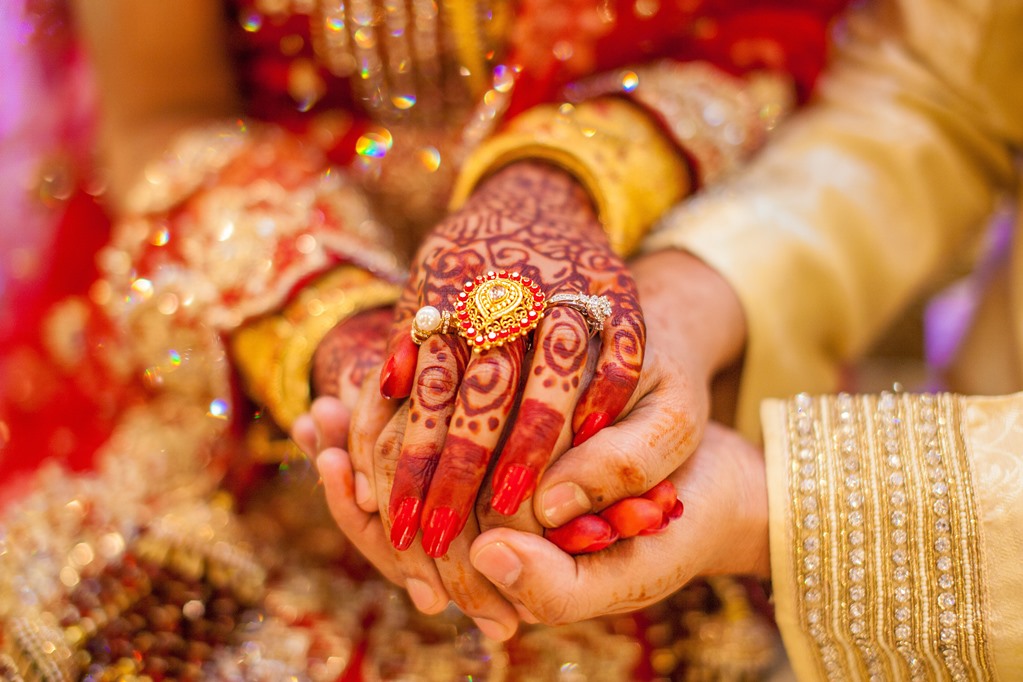
That those born and raised in other countries, who constitute the Indian diaspora, would still need help for such intimate decisions is intriguing. For Anu, “it’s because half the job is done. We do the background check.” That’s a huge task, and a time saver for busy people whose lives are largely centred around work. They really don’t have the time and are normally exposed to a limited network of people. Agencies offering matchmaking services offer a broader gamut in terms of geography and types of people. Romance is largely frowned upon at the workplace. So, where’s the time and scope to meet someone? She’s found it takes from 10 to 18 months for matters to fall into place. This is enough time for the couple to meet and fall in love. “More often than not it is not merely an arranged marriage by the time the couple takes that step to marriage.”


